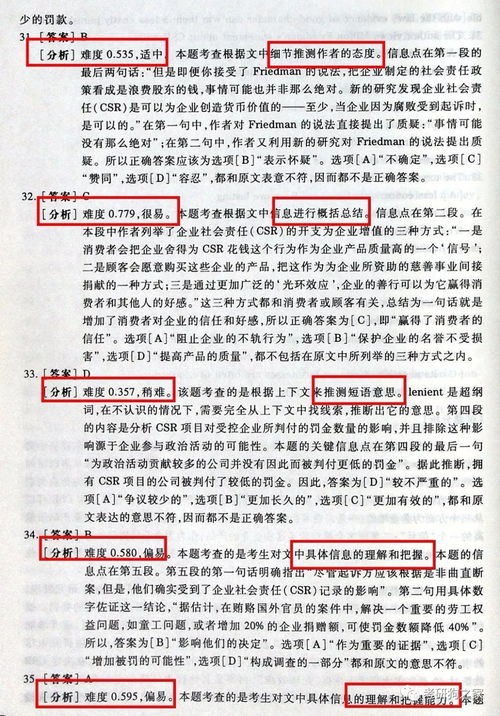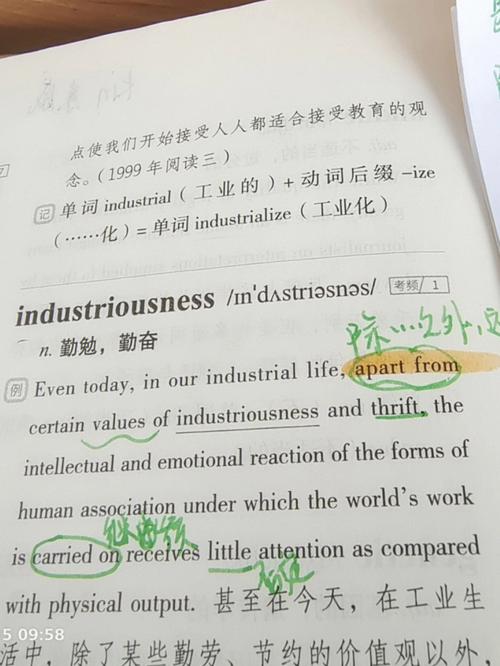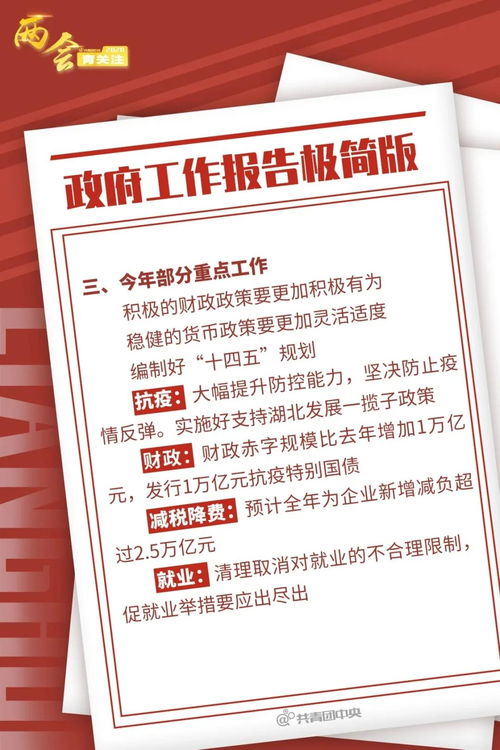考研英语阅读难度系数对照表
Title: Understanding the Difficulty Levels of Graduate Entrance Exam English Reading
In the realm of graduate entrance exams, particularly in fields like English, understanding the difficulty levels of reading comprehension is paramount for effective preparation. Let's delve into the factors that contribute to the difficulty of English reading sections in these exams and explore some strategies to navigate them successfully.
1. Complexity of Texts:
Vocabulary:
Texts in graduate entrance exams often contain advanced vocabulary, including academic and specialized terminology.
Syntax:
Complex sentence structures and convoluted phrasing can pose challenges for comprehension.
Topic Diversity:
Texts cover a wide range of subjects, from literature and history to science and social sciences, requiring familiarity with diverse topics.2. Question Types:
Inference Questions:
These questions require candidates to grasp implicit meanings or draw conclusions from the text, demanding a deeper understanding.
DetailOriented Questions:
Candidates must locate specific information within the text accurately, testing their ability to comprehend details amidst complex passages.
Main Idea Questions:
Identifying the central theme or main argument of a passage amidst intricate language and ideas can be daunting.3. Time Constraints:
Graduate entrance exams often have stringent time limits, necessitating swift reading and effective time management strategies.
The pressure to comprehend complex texts and answer questions accurately within the allocated time frame can exacerbate the perceived difficulty.
4. Cultural References and Context:
Some passages may contain cultural references or allusions that are unfamiliar to nonnative English speakers, adding another layer of complexity.
Understanding the context in which a passage is written is crucial for accurate interpretation, especially when dealing with historical or literary texts.
Strategies for Success:
1. Enhance Vocabulary:
Regularly engage with advanced English texts, academic articles, and literature to expand your vocabulary.
Utilize vocabularybuilding resources such as flashcards, word lists, and vocabulary apps to reinforce learning.
2. Practice Regularly:
Dedicate time to daily reading practice, focusing on diverse topics and genres to improve comprehension skills.
Solve practice tests and sample passages under timed conditions to simulate exam scenarios and enhance time management.
3. Develop Critical Reading Skills:
Learn to identify main ideas, supporting details, and authorial intent by actively engaging with the text.

Practice summarizing passages and articulating the central argument or theme in your own words.
4. Improve Inference Abilities:
Practice making logical inferences based on textual evidence, considering the author's tone, purpose, and implicit meanings.
Engage in discussions and debates on complex topics to sharpen analytical thinking and inferencemaking skills.
5. Familiarize with Exam Format:
Understand the structure of the reading comprehension section, including the types of questions asked and the distribution of marks.
Prioritize passages based on your strengths and weaknesses during the exam, allocating time accordingly.
Conclusion:
Understanding the difficulty levels of English reading comprehension in graduate entrance exams is essential for effective preparation. By addressing the complexities of texts, mastering various question types, managing time efficiently, and employing strategic approaches, candidates can enhance their performance and achieve success in these exams. Regular practice, vocabulary enhancement, and critical reading skills development are key components of a comprehensive preparation strategy. With dedication and perseverance, navigating the challenges of English reading in graduate entrance exams becomes more manageable, paving the way for academic advancement and professional growth.
References:
Educational Testing Service (ETS)
Graduate Management Admission Council (GMAC)
British Council












评论